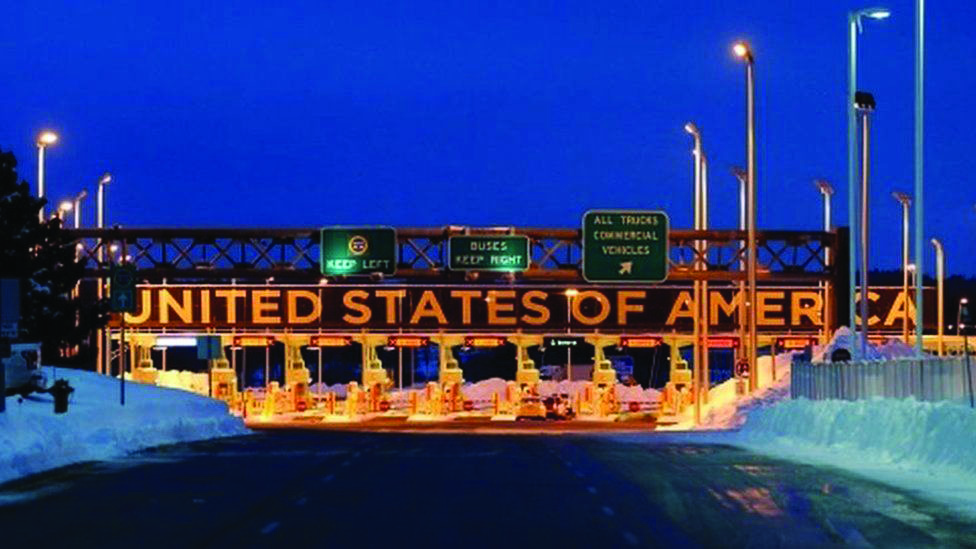Canada is one of the world’s most prominent players in the mining industry, and its presence has been swiftly growing since the 1990s. Nowhere is Canada’s dominance seen more clearly than in Latin America—where between 50 and 70 per cent of mining activity involves Canadian companies.
With its neocolonialist control over the mining industry, Canada holds immense influence over the political and environmental landscapes of Latin America. This control has proven to be devastating, with mining being responsible for the highest proportion of human rights violation complaints in Latin America. North American governments also create a trap of terrible conditions that workers in the mining industry cannot escape due to restrictive immigration policies in Canada and the U.S. Educational institutions that prepare students to enter the mining industry, including McGill, are complicit in the detrimental effects mining has on Latin American countries. With Canada’s oldest mining engineering program, McGill must re-orient its mining program towards sustainability and end its perpetuation of mining’s destructive status quo.
Canadian companies participate in extractivism, by which minerals are extracted from the Earth with virtually no regulation to maximize profit. The lack of enforceable guidelines leads to terrible working conditions and environmental destruction, such as pipeline failures that cause cyanide solution to enter waterways. Canada funds and directs most mining operations in Mexico, which are notorious for poor labour conditions such as exposure to explosives, or toxic gases that contribute to injury and death through workplace accidents, lung disease, and cancer. Although the extractive model of mining provides workers with jobs, the lack of regulation stifles workers’ rights in an industry where conditions are already brutal. Furthermore, this practice encourages an economic focus on resource extraction that weakens the economic self-determination of the resource-rich region.
Inequitable mining practices are directly contributing to the displacement and subsequent migration of Latin American peoples. Although illegal border crossings have seen a downward trend in the past 20 years, Canada and the U.S. have been arresting and detaining more people than ever over the past three years with the numbers still on the rise. Migrants resorting to illegal entry often come from Mexico, where smugglers profit off of locals needing to escape dangerous working conditions, poverty, and violence. Canada already has a history of displacing and exploiting racialized peoples to achieve its economic goals, as evidenced by the construction of pipelines on Indigenous lands.
McGill prides itself on the fact that its students and alumni have “shaped the face of mining” in Canada and around the world. With this pride should also come responsibility. The McGill Research Group Investigating Canadian Mining in Latin America (MICLA) is a research collective based at McGill that aims to fund public research and debate regarding Canadian mining in Latin America. Composed of students and faculty, MICLA is part of the university’s ongoing effort to link teaching with research and to connect these to the public interest. However, they have not released any public updates since 2013. McGill students working in mining research should be examining Canada’s neocolonial practices, and the MICLA’s mission should be revived to spur activism for those forced to work in these poor conditions.
To truly transition to sustainable mining, governments and corporations must acknowledge the horrific impacts of current mining conditions and bring forward laws and regulations that have undergone community consultation. The needs and concerns of those inhabiting the land must be prioritized in the development of a project to ensure the community is not harmed. Further, McGill must take the proper steps to change the devastating state of the mining industry by incorporating sustainable and ethical mining practices into its curricula.
It is crucial that the Canadian government be held accountable for its exploitative practices in Latin America. The unethical tactic of displacing workers and subsequent denial of safe and equitable migration cannot continue. McGill must pool its resources to prepare its students to promote positive change in the mining sector. Having the oldest mining program in Canada means nothing if it is not being continually updated to serve the needs of today. McGill must stop resting on its reputation of prestige, and work on sustainable changes.








